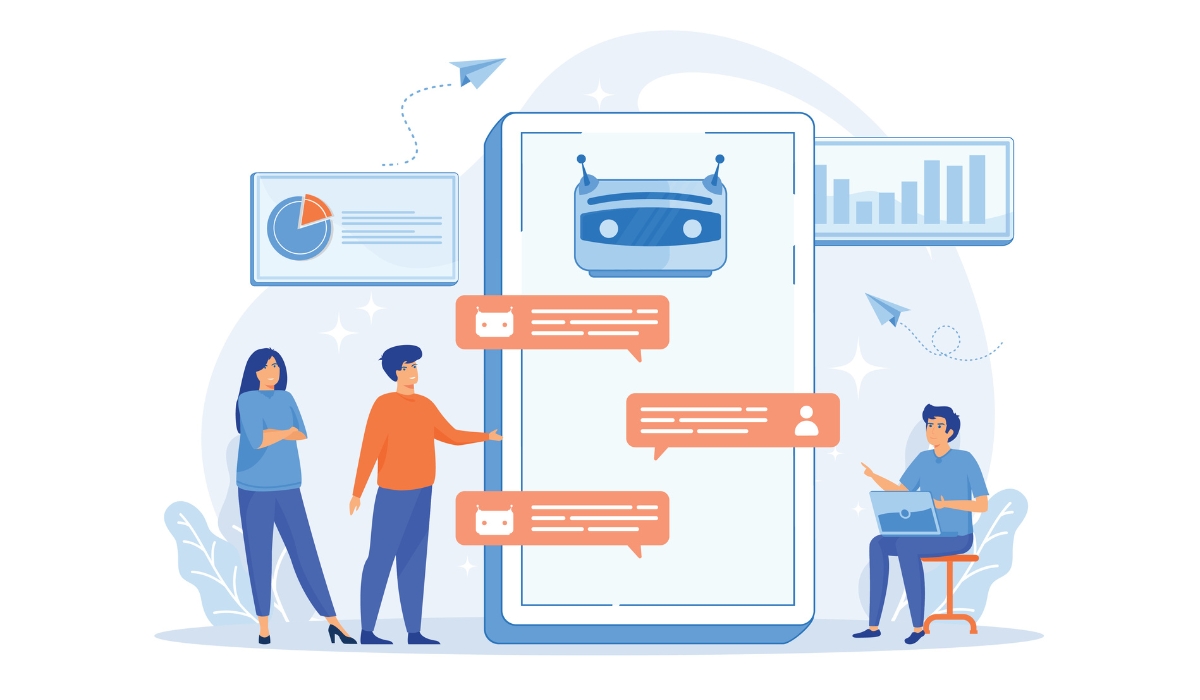I was intrigued to come across the news about Meta AI’s latest innovation in speech technology called Voicebox. It’s fascinating to see how the boundaries are continued to be pushed in this field: just a few weeks after introducing their impressive Massively Multilingual Speech (MMS) project with speech-to-text and text-to-speech capabilities in 1,100 languages, they have now unveiled Voicebox.
What particularly caught my attention is the claim that Voicebox can adapt and generalise to speech-generation tasks it wasn’t specifically trained for. This kind of adaptability is a game-changer in the world of machine learning, meaning that the model can dynamically adjust and perform well with new data it hasn’t encountered before.
As an interpreter and translator, these sorts of AI developments do bring with them some concerns about the impact they may have on my profession, however, I sincerely believe that a human interpreter brings with them the essence, emotional and cultural subtleties of communication which machines may struggle to replicate.
For interpreters, technologies like Voicebox may have their applications, but they are more likely to complement and enhance our roles rather than replace them. Staying informed about emerging technologies, continually expanding your skill set and embracing opportunities to collaborate with these tools to deliver even better language services is key. Ultimately, the expertise, cultural knowledge and human touch will, I hope, continue to be highly valued in the field of interpretation and translation.
